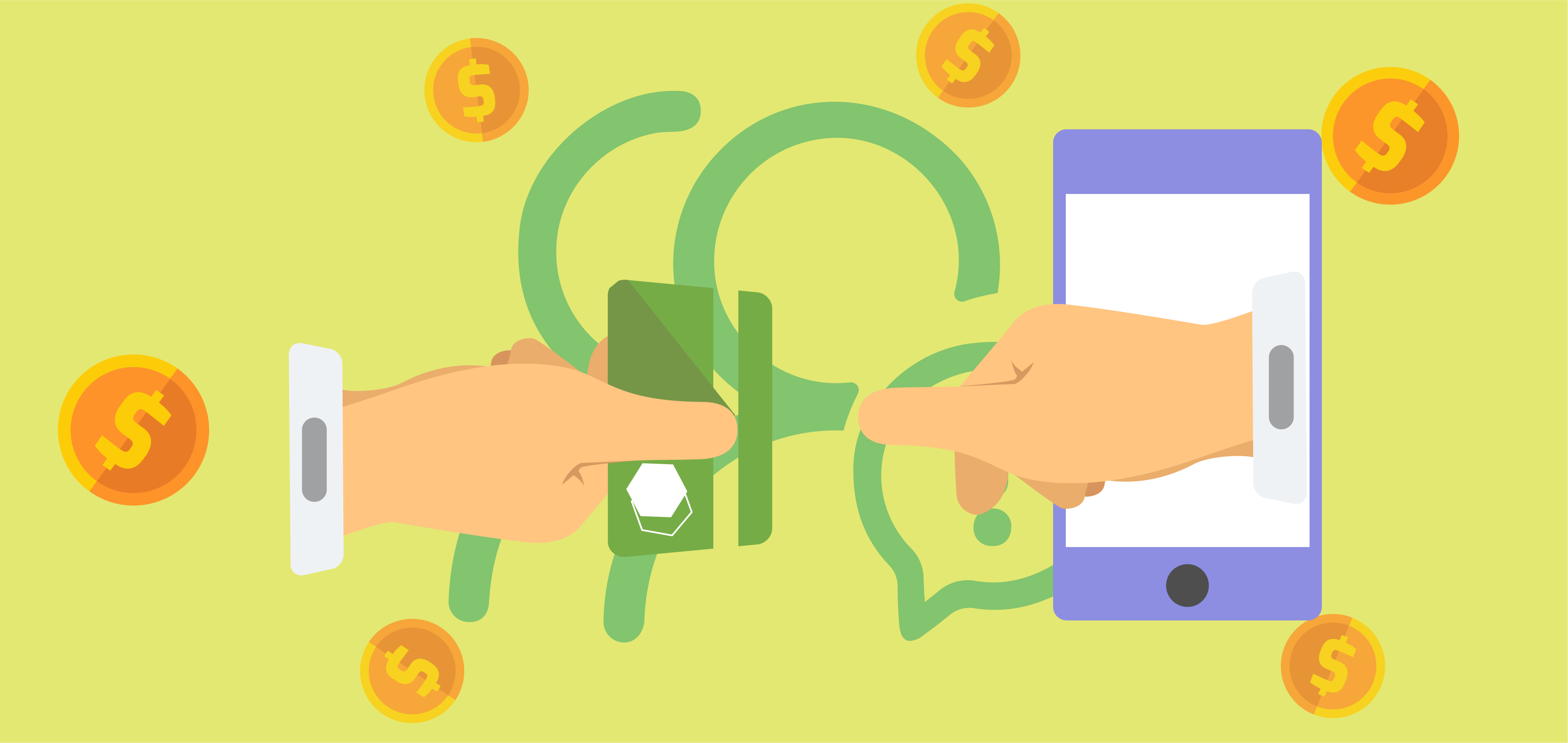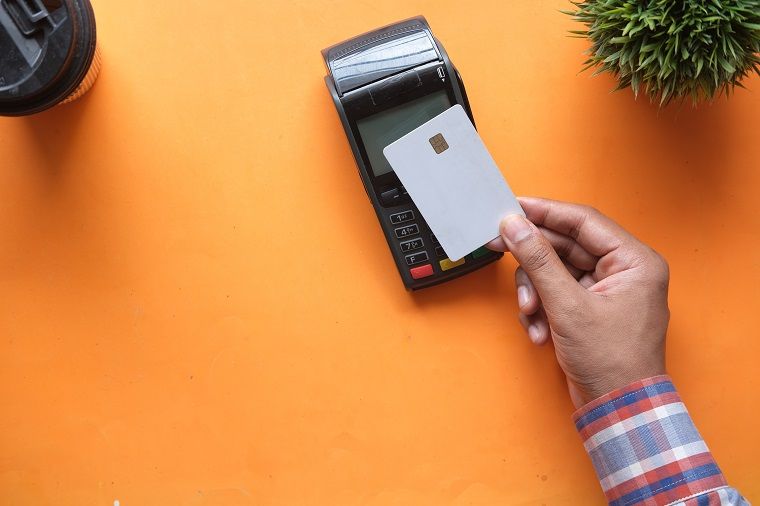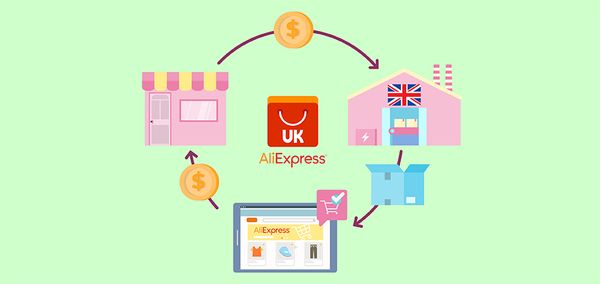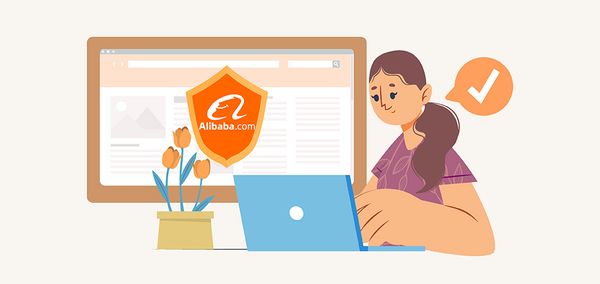How to Deal with Payment Disputes and Prevent them in the Future

As a business owner, you'll surely experience at least one scenario where you had to navigate a payment dispute with a customer. The situation can stress you and be pretty frustrating, but it's an inevitable part of doing business. Disputes are common in businesses as different people can have different opinions, and your views don't need to match theirs. In addition, once you make a sale, you may receive a complaint or not receive the payment; both situations can lead to a dispute.
Business owners will always have to deal with payment disputes and must know effective tips to deal with them. If you're a business owner looking forward to finding the best ways to deal with a dispute, reading this write-up can benefit you.
Valuable Tips to Deal with Payment Disputes
Payment disputes can be troublesome for any business, but handling them is crucial for maintaining good client relationships. Here are some valuable tips to help you confidently deal with payment disputes.
1. Request for Part Payment
Business owners have to deal with payment disputes almost every day, but the most common mistake they make is trying to resolve the issue immediately. But unfortunately, some customers try to create a dispute because of a part of the invoice and refuse to pay.
| Get Started Now to Grow Your Online Business with the Best AliExpress Dropshipping Tool - DSers! |
So, ask them to pay for the undisputed part first and then get to the solution of the dispute. By requesting customers to pay the undisputed part of the invoice before resolving the dispute, you can assess if it's a genuine reason for late payment. Moreover, it can alleviate the financial burden on your business that results from delayed payments.
2. Don't Hesitate to Fix the Problem
The job of business owners is wider than selling goods and earning a profit, as they have to deal with customer feedback, complaints, and disputes almost every day. Most business owners hesitate to chase their customers for payment, as they feel they'll lose them.
But waiting will do no good; instead, it will delay the process and complicate the situation. So, you must feel free to fix the dispute and take the initiatives to deal with them.
3. Ensure You're Dealing with the Right Person
When dealing with any payment dispute, you must ensure that you're dealing with the individual in charge and not a random person that has nothing to do with the sales. Dealing with the right person will keep the confusion at bay and speed up the process. Hence, every business owner must collect proper information before sending the invoice so that they can contact the right person when a dispute arises.
4. Keep Yourself Prepared
Dealing with disputes is much easier if you have relevant evidence and facts beforehand. When you collect the information, ensure that you keep a record of all correspondence, required proofs, and anything related to the invoice to have evidence of what you owe and why. If you have this much information, resolving the dispute will be a matter of minutes.
5. Be Professional
Disputes can get ugly as people are pretty stressed whenever it is about financial issues. No matter how absurd your customer sounds to you, keeping your professional attitude intact would be best. So, first, you must understand the situation and then try your best to address the issue as calmly as possible. Refrain from jumping off the topic and offering the right solution to your customer if required.
6. Get the Feedback
Most genuine payment disputes end up with constructive feedback, as customers prefer to avoid going through the same thing again in the future. Of course, the mistake can be of any department or person, but with the help of constructive feedback, you can improve it. In addition, you can also take the feedback as a lesson and let your team understand that such reasons can also create disputes.
Effective Tips to Prevent Disputes in the Future
Payment disputes can be frustrating and, if further extended, lead to wasting time and money for both parties. So, you can read the following tips to reduce the likelihood of payment disputes in the future.
1. Set Clear Payments
Setting clear payments is one of the essential steps you must take to stay clear of any payment disputes. It is essential when negotiating with the other party regarding the terms and conditions of a project or contract. In addition, you must monitor some other critical factors that can affect the whole process.

For example, the amount mentioned in the invoice, the payment method you prefer, and the date on which the payment is due. To ensure everything, you must put the terms and conditions in writing and create two copies, one for yourself and one for the customer. And when you do that, ensure that both parties agree to everything mentioned.
2. Maintain Regular Conversation
After you and your customer agree with the payment terms, you must maintain a regular conversation until you finish the project or sale. As you keep a constant and transparent conversation with your customer, payment disputes or any other misunderstandings are less likely to occur.
In addition, you must ensure that both parties have enough information about the project and payment procedure. Finally, be ready for any changes that may affect the payment schedule and any other issues that may arise.
3. Keep Records
A business owner must keep records and track sales to resolve a payment dispute that has been bothering them. Some disputes can get even worse if they resort to the courts, so instead of involving a lawyer in the whole matter, you can solve it yourself. So, if any customer has issues with the payment asked, you can show the records as solid evidence and end the matter immediately.
In addition, you can use a postal tracking service to keep yourself updated about the delivery of a product. Then, when a customer unrealistically claims that they haven't received the product, you can show them the proof.
4. Have a Return Policy
Without a return policy, you cannot expect that disputes won't happen. If there’s an offline sale, you must ensure that the customer is aware of your return policy, and if not, you can let them know about it. And when it comes to online purchases, you must state the return policy on your website and ensure you mail a copy to the customer after the purchase.
5. Follow up
Following up on the purchase can also be an effective initiative you can take to stay clear of any disputes. Once the sale is confirmed, and your customer receives the product, send an email or text confirming the payment and whether the receiver is satisfied.
And in other cases, when you have yet to receive the payment for the product, you can send a professional email or let them know about it via a phone call. Ensure that you're professional and polite throughout the process and avoid making any threats or accusations that could damage the relationship between the parties.
Conclusion
Payment disputes can indeed be frustrating and challenging for any business owner. They consume time, and you may lose one or two customers if you need help finding a solution.
However, with the tips mentioned above, you can easily deal with disputes and maintain a healthy relationship with your customer. Also, when business owners know every tactic that can help prevent such unnecessary issues, they can focus on business growth better.













 Company
Company
 Why Choose DSers
Why Choose DSers
 Blog
Blog
 Help Center
Help Center




 Live Chat
Live Chat